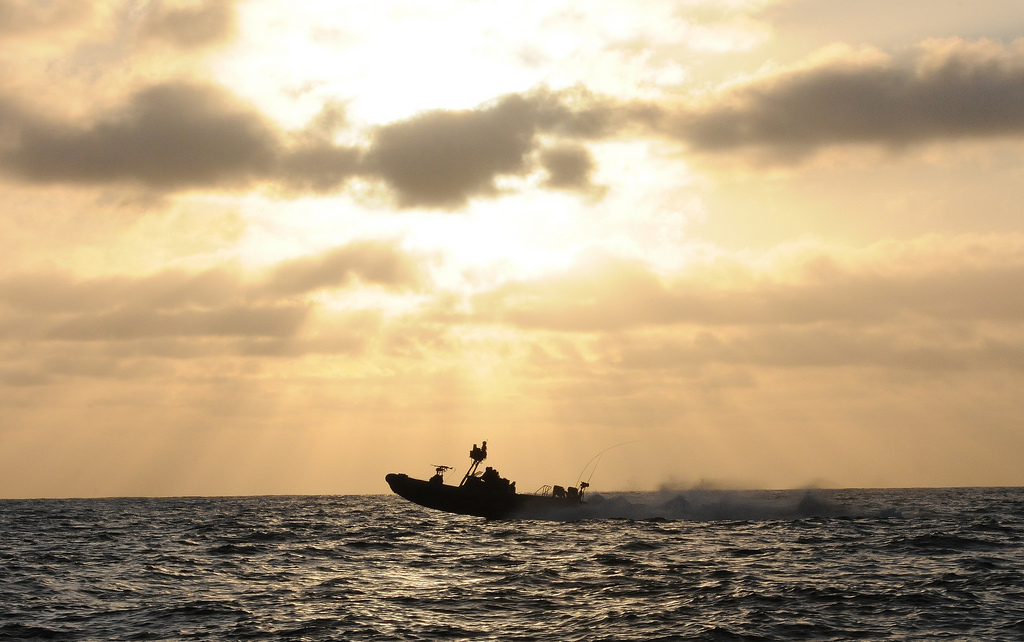The Minister for Broadband, Communications, and the Digital Economy, Senator Stephen Conroy, was recently in Dubai to lead the Australian delegation at the International Telecommunications Union’s (ITU) World Conference on International Telecommunications (WCIT). The conference considered amendments to the International Telecommunications Regulations, which assist in the operation of telecommunications networks across national borders. Some of the amendments are seeking to extend the regulations to cover internet governance. This is now the job of the Internet Corporation for Assigned Numbers and Names (ICANN).
As my colleague Toby Feakin wrote last week, Australia wants to make sure that any amendments to the ITRs don’t fundamentally change the way the internet operates.
Australia, along with US UK, Canada, Costa Rica, the Czech Republic, Denmark, Egypt, Kenya, the Netherlands, New Zealand, Poland, Qatar and Sweden walked away from the ITU negotiations last week, over fears that the new text of the new ITRs could be interpreted as giving the ITU control over elements of the internet.
The final treaty text (PDF) contains a resolution that explicitly ‘instructs the [ITU] Secretary-General to take the necessary steps for the ITU to play an active and constructive role in…the internet.’ Yet after the conference Senator Conroy said that ‘Australia does not support any changes that would undermine the current multi-stakeholder model for internet governance or fundamentally change the way the internet operates.’
Diplomatic sparring over cyber affairs and the internet is likely to grow more intense in the future, so if Australia is to play a significant role in international cyber affairs we need to ensure that we are well placed to advance our interests in all aspects of cyber security and the digital economy.
One way of approaching that goal is to draw some lessons from another area of international legal diplomatic activity. This year marks the 30th anniversary of the United Nations Convention Law of the Sea. We might apply some of the lessons from our success in ocean diplomacy to the new area of international cyber statecraft. This isn’t the first time that this concept has been proposed but it’s the right time to revisit it. While the parallel might not be immediately obvious, the oceans and the internet are both global commons that have at their boundaries the territorial and economic spaces belonging to sovereign states. Before the United Nations Convention on the Law of the Sea (PDF), the ocean was a vast and unregulated space in which arbitrating issues like fishing and resource exploration was challenging. Today we find ourselves in a similar situation with the internet, with more cats and less fish.
It wasn’t easy to get to an agreement on the oceans, but today most countries are onboard. The Third United Nations Conference on the Law of the Sea was negotiated over nearly a decade, and culminated in a major convention, (in effect a constitution for the world’s oceans), in 1982. Australia was very successful in achieving our key ocean goals at these marathon negotiations. We were seen as one of the most influential players during the longest, largest and most ambitious multilateral conference exercise the UN had ever attempted. And there were several reasons for our success.
First, we were assiduous in establishing early clear objectives across the whole gamut of law of the sea issues and in identifying, in tactical terms, the ways in which to achieve those objectives. This assisted our image as a competent actor on law of the sea issues.
Second, there was solid unity over policymaking in Canberra, where our ocean priorities were set by an interdepartmental Law of the Sea Task Force, which undertook considerable consultation with industry. Right from the start Australia made it clear that we were playing for high stakes that justified a significant commitment of bureaucratic resources to ensure our success.
As well, at five substantive sessions of the conference the delegation was led by the Foreign Minister. Ministers became knowledgeable about law of the sea issues and helped to bring about a situation where any bureaucratic policy differences were brought under control.
Third, the Australian delegations enjoyed the strong support from state governments and industry groups, such as the fishing, shipping and mining industries. Fourth, the quality of the Australian delegation contributed enormously to our negotiating success. Continuity of leadership of the delegation was also important. States that frequently changed their delegation heads had less influence on the negotiations.
Fifth, Australia decided its goals at the conference would override traditional loyalties. A hard-headed approach meant that negotiating partners had to be chosen in terms of those countries which were prepared to give political backing to Australian positions.
If we’re to make a significant contribution to the growing area of international diplomacy on cyber behaviour we’ll need well organised and adequately backed diplomacy. Particularly where the internet is concerned, the complexity of cyber issues means that a number of different Australian federal and state agencies are involved. Coordinating each of them, let alone creating a unified national cyber policy that we can subsequently sell internationally, is no mean feat.
So an important start on advancing our international cyber objectives might be to start at home with the establishment of a committee of the heads of the key departments and agencies of government to establish a national position on all aspects of cyber policy. Then we’d be in a much better place to take up the issue internationally.
Anthony Bergin is deputy director of the Australian Strategic Policy Institute. Image courtesy of Flickr user Official U.S. Navy Imagery.


